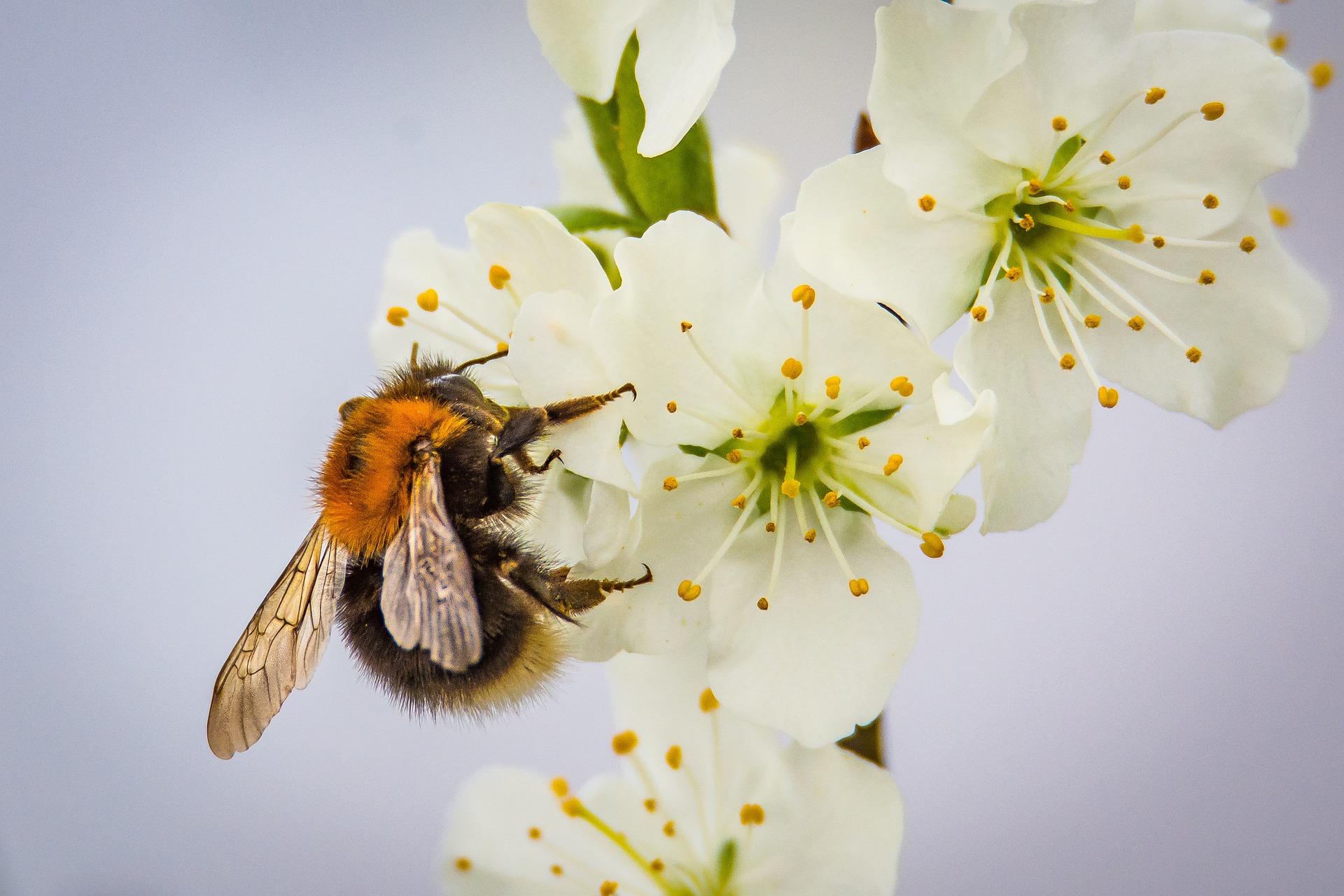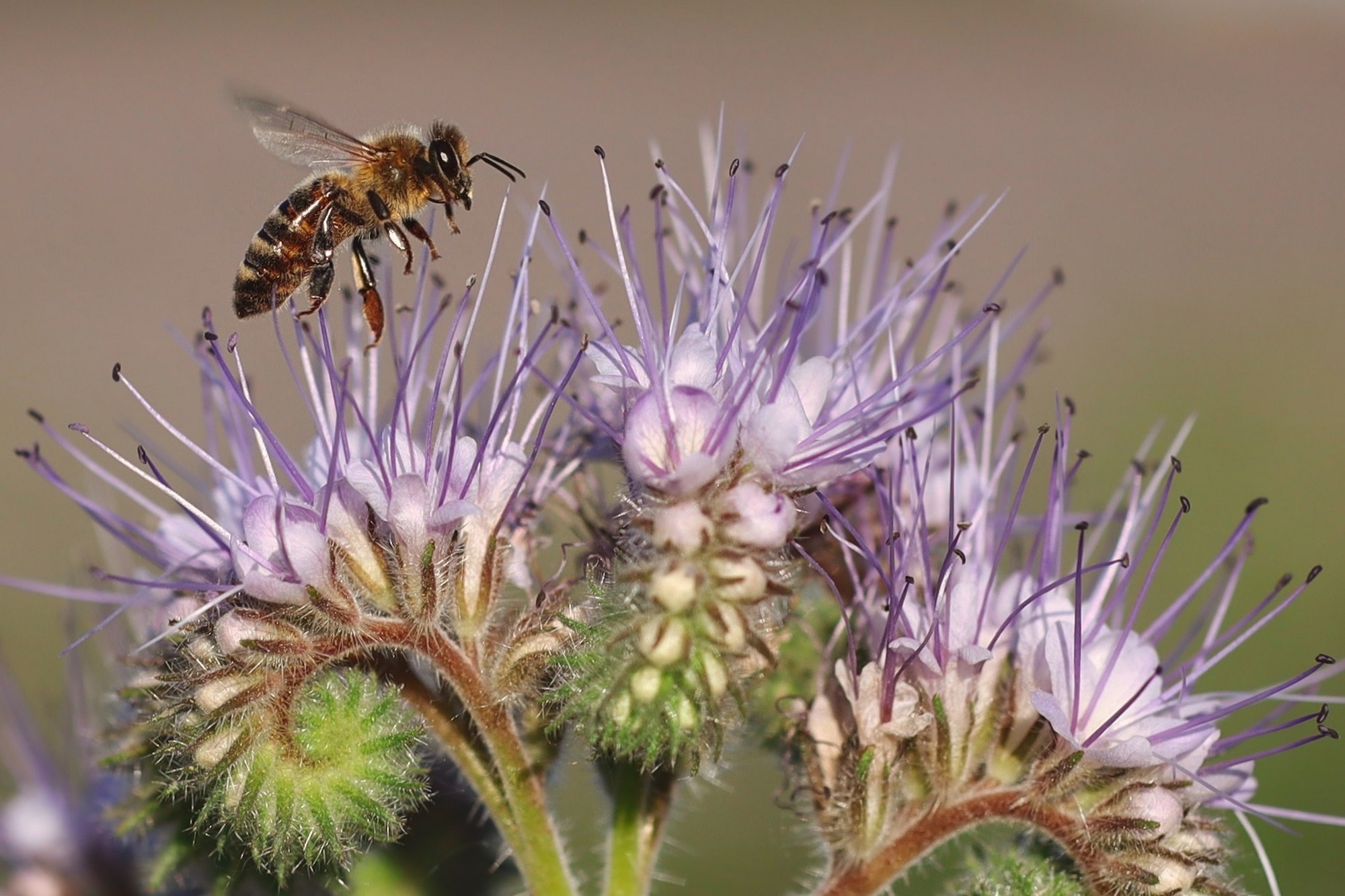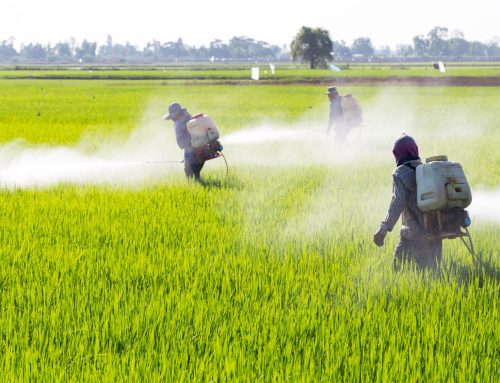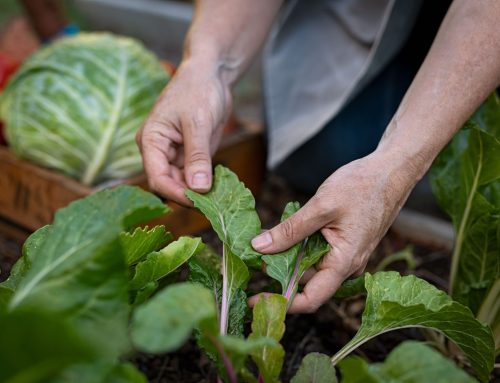UK supermarkets have huge global footprints and the power to make change.
They urgently need to ban bee-toxic pesticides and support growers around the world to adopt more sustainable, non-chemical alternatives.
Our pollinators need us!
Join us in asking Asda, Aldi, Co-op, Iceland, Lidl, M&S, Morrisons, Sainsburys, Tesco and Waitrose to ban bee-toxic pesticides from their UK and global supply chains.
1 gram of neonicotinoids, for example, is enough to kill 125 million honeybees. After years of campaigning, the use of some neonicotinoids was recently banned in UK farming, but these and other highly toxic insecticides are still in use widely around the world. Many products on UK supermarket shelves will have been grown in a way which is extremely harmful to bees and other pollinators. We are often exporting our environmental footprint to countries with weaker standards.
Recent studies have revealed major declines in global pollinator populations, with pesticides named as a key driver. Close to 75% of the world’s crops depend on pollinators for sustained production, yield and quality. The cost of pollinating crops artificially would cost an additional £1.8 billion per year in the UK alone.
While recent attention has largely been on neonicotinoids, there are a number of other pesticides which can be particularly toxic to bees (for example, fipronil and sulfoxaflor). Supermarkets should be making efforts to phase out these chemicals from their global supply chains, with the aim of eliminating their use altogether and helping their suppliers to switch to non-chemical alternatives.
Our pollinators need us!
Join us in asking Asda, Aldi, Co-op, Iceland, Lidl, M&S, Morrisons, Sainsburys, Tesco and Waitrose to ban bee-toxic pesticides from their UK and global supply chains.







